10 Most Controversial Laws in India
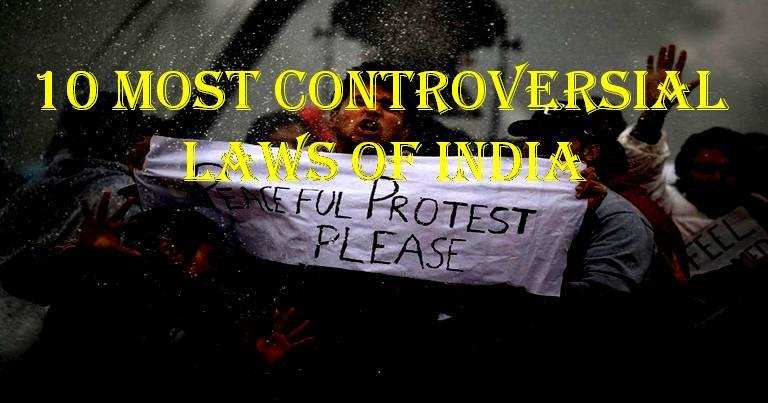

10 Most Controversial Laws in India
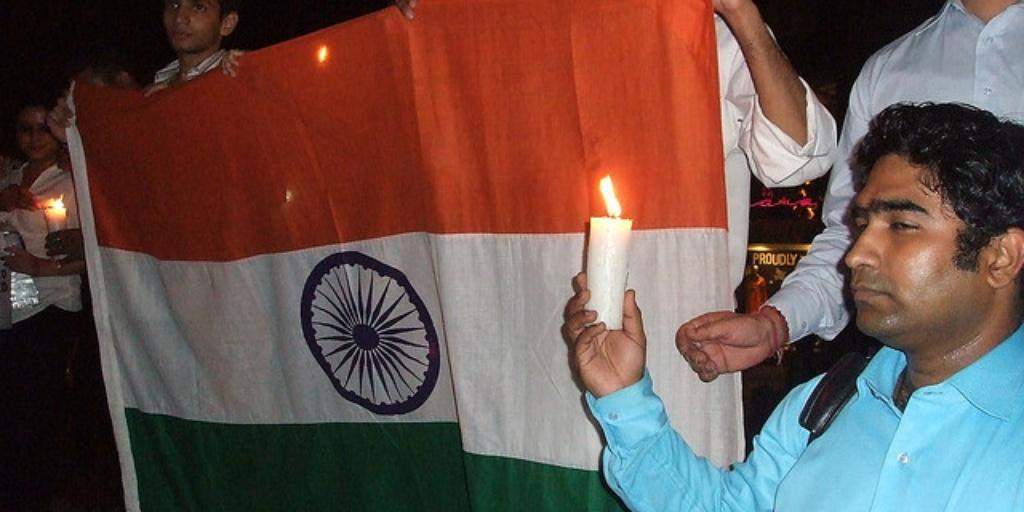
Indian Government and Controversy has a long history. It doesn’t matter who is in power or who is in opposition, each party has passed some of the laws in which they either failed to generate majority or failed to gain popular support. There had been some laws in which seemed right at the moment but turned out to be disastrous. A similar law is in debated known as the GST bill which is related to tax reforms.
So we provide some to the most controversial laws in India that are abolished or are still going on.
Click next to see the slide show
Section 377 reform
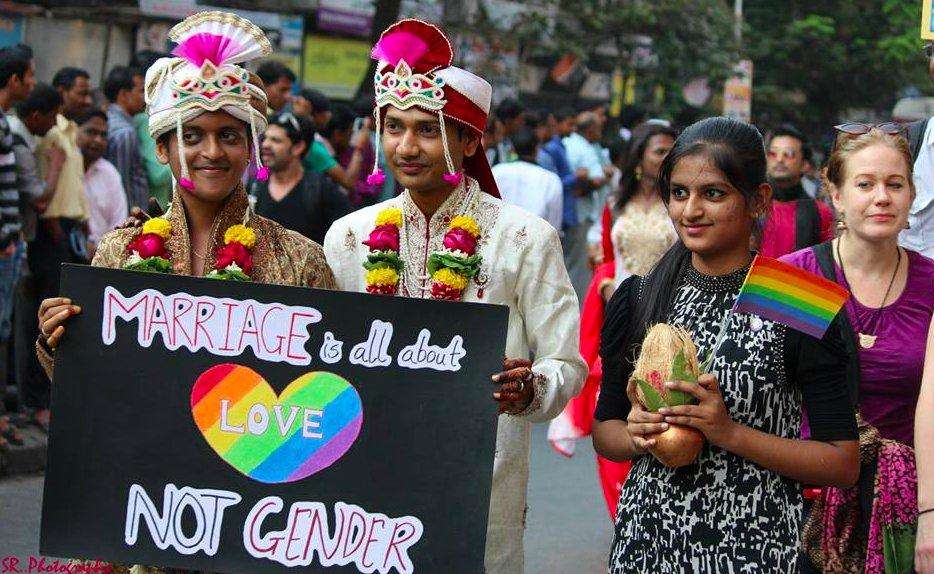
Section 377 or famously known as the Homosexual Act is an act that criminalizes sexual activities “against the order of nature”. It is a law that do not legalizes the gay relationships. It faces a widespread criticism among the gay community because it takes their rights. The supreme court still hasn’t abandoned this law despite numerous petitions.
Click next to see the first Terrorist Act
TADA
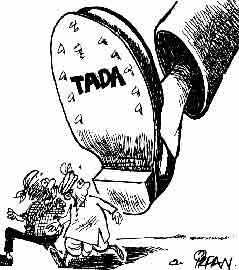
Terrorist and Disruptive Activities (Prevention) Act was brought in action in 1985 at the backdrop of Punjab Insurgency. It was established to control the terror activities and was legalized in all India. It gave immense powers to the law enforcement agencies. The number of people arrested under the act had exceeded 76,000, by 30 June 1994 and less than 2% were convicted. It was highly unpopular and was banned in 1995.
Click next to see its sister law
POTA
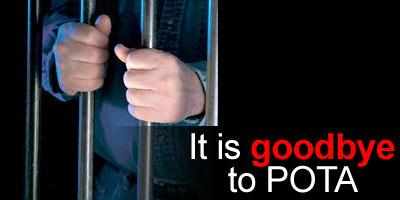
Prevention of Terrorism Act, 2002 (POTA) was an Act passed by the Parliament of India in 2002, with the objective of strengthening anti-terrorism operations. The Act was enacted due to several terrorist attacks that were being carried out in India and especially in response to the attack on the Parliament.The Act defined what constituted a “terrorist act” and who a “terrorist” was, and granted special powers to the investigating authorities. It was highly unpopular and was repealed by passing Prevention of Terrorism (Repeal) Act, 2004 by Congress Government.
Click next to see which law is the most misused in India
Dowry Law (498A)

Protection of Women from Domestic Violence Act, 2005 was passed to give women power against the cruelty done on them with respect to dowry. It gave more powers to section 498A of Indian Penal Code. The complaint registered by the women was treated as non-bailable offence on the husband’s family and even in court cases gave immense power to the woman. The law is so much misused that in 2012, nearly 200,000 people including 47,951 women, were arrested in regard to dowry offences. However, only 15% of the accused were convicted. It has also resulted of suicides by accused Husbands because of social shame and financial crisis that this law brings on them.
Click next to see the Next major controversial Law
Land Acquisition Act

Right to Fair Compensation and Transparency in Land Acquisition, Rehabilitation and Resettlement Act, 2013 or Land Acquisition Act, 2013 is an Act of Indian Parliament that regulates land acquisition and lays down the procedure and rules for granting compensation, rehabilitation and resettlement to the affected persons in India. It indirectly give government power to obtain land from any citizen on the grounds of development. This law is waiting in Rajya Sabha and has faced a lot of criticism because it gives immense power to the government to acquire land without giving proper market value for it and rehabilitation may take years.
Click next to see the Nuclear Act!
Nuclear Liability Act
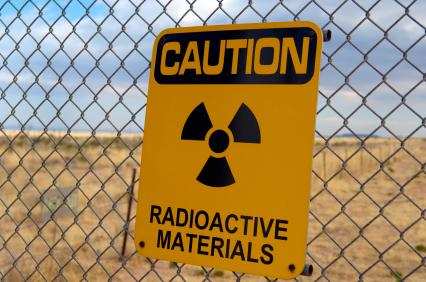
The Civil Liability for Nuclear Damage Act, 2010 or Nuclear Liability Act is a highly debated and controversial Act which was passed by both houses of Indian parliament. The Act aims to provide a civil liability for nuclear damage and prompt compensation to the victims of a nuclear incident through a nofault liability to the operator, appointment of Claims Commissioner, establishment of Nuclear Damage Claims Commission and for matters connected therewith or incidental thereto.
It was needed to activate Indo-US nuclear agreement of 2008. This law faced widespread criticism because the environmental impact of nuclear activity is far reaching. The Act does not properly address liability in the face of an accident or even day to day risks. Bhopal Gas Tragedy was such an example. Petitions under Right to Life were filed in the Supreme Court against this law.
Click next to see the Unpopular Army Law!
AFSPA

Armed Forces (Special Powers) Acts (AFSPA), are Acts of the Parliament of India that grant special powers to the Indian Armed Forces in what each act terms “disturbed areas”. passed on September 11, 1958 was applicable to the Seven Sister States in India’s northeast and in 1990 was introduced in Kashmir. It has faced a lot of criticism This law is majorly responsible for human rights violation in these areas. It has been termed as “out dated and colonial-era law that breach contemporary international human rights standards” by UN Council of Human Rights.
Click next to see the another controversial law
Article 370

It is a very controversial article of the Indian Constitution. It grants grants special autonomous status to the state of Jammu and Kashmir. BJP tried to amend this article but J&K high court ruled that the Article 370 cannot be “abrogated, repealed or even amended.” This generates more controversy because it indirectly states that Kashmir is not a part of India.
Click next to see the Amendment that change the Fundamental Rights!
1st Amendment of Indian Constitution

When reservation was first introduced in Indian constitution, it made a lot of controversy. In 1951 the case of State of Madras Vs. Smt. Champakam Dorairanjan, Court has pronounced that caste based reservations as per Communal Award violates basic rights. Nehru Government reacted and 1st constitutional amendment was introduced to make this judgment invalid.
The first amendment added special provision for the advancement of any socially and educationally backward classes or for the Scheduled Castes and the Scheduled Tribes. A new constitutional device, called Schedule 9 introduced to protect laws that are contrary to the Constitutionally guaranteed fundamental rights. Due to reservation, India has been a puppet of Political vote banks and is more divided on castes. The subsequent increment in reservation had made this law more controversial than ever.
Click next to see the law that changed the constitution
42nd amendment of Constitution
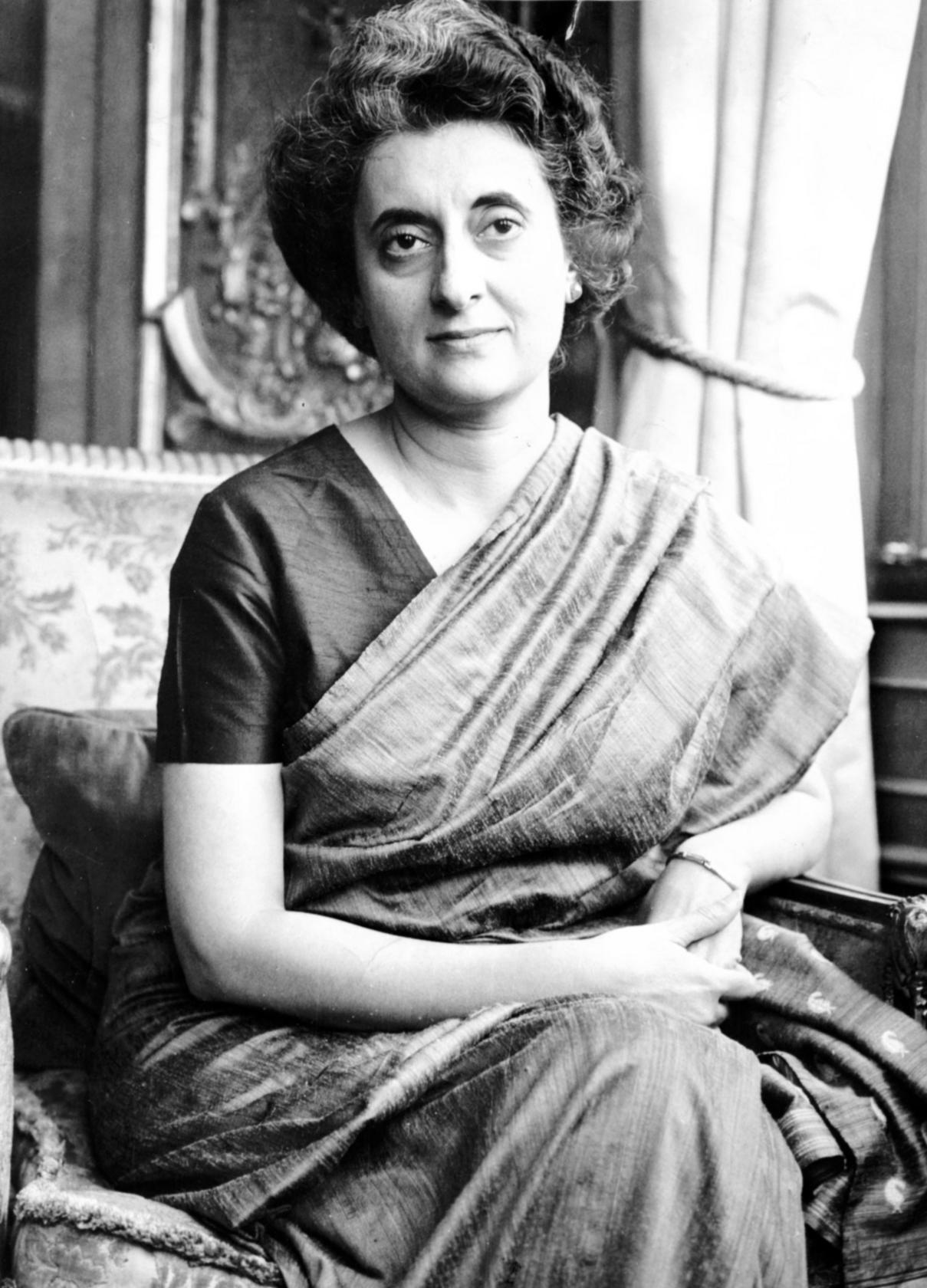
It was imposed by Indra Gandhi during time of Emergency. This amendment actually changed the constitution and gave the government immense powers. It attempted to reduce the power of the Supreme Court and High Courts to pronounce upon the constitutional validity of laws. It even changed the description of India in Preamble from “sovereign democratic republic” to a “sovereign, socialist secular democratic republic”, and also changed the words “unity of the nation” to “unity and integrity of the nation”.
This faced widespread criticism and India was in turmoil for three years. Janta party after coming to power imprisoned Indra Gandhi and changed this amendment though not with full success.
